The House of Representatives deliberated on the tax reform bills on Wednesday before committing them to second reading.
Persecondnews reports that the lawmakers had engaged in a thorough and lively debate on the bills’ core principles.
The bills include the Nigeria Tax Bill 2024, the Tax Administration Bill, the Nigeria Revenue Service Establishment Bill, and the Joint Revenue Board Establishment Bill.
Persecondnews recalls that the bills sparked intense backlash, drawing scathing criticisms and stiff opposition from various quarters, including northern governors and opposition politicians.
Leading the debate on Wednesday, the Majority Leader, Prof. Julius Ihonvbere, addressed some of the concerns raised about the bills, adding that the issues had been resolved through the Nigerian Governors’ Forum(NGF).
Ihonvbere said the House had engaged in multiple meetings with various caucuses to address their concerns regarding the bills.
Calling for scrutiny, Rep. Sada Soli expressed concerns that certain sections of the proposed legislation may conflict with the 1999 Nigerian Constitution.
According to him, the issue of derivation must be explicitly clarified in the bills to address any ambiguity or potential misinterpretation.
He expressed optimism that the committee responsible for reviewing the bills would address any potential issues before they are passed into law.
Other lawmakers also raised concerns, pointing out that the bills seek to amend 40 existing Acts, and requested that the Acts should be presented to the House for review.
They called for clarification on the multiple taxation issue related to property purchases, as the current provision requires both the buyer and seller to pay taxes, which could lead to double taxation.
After a grueling four-hour debate, Speaker Abbas Tajudeen put the bills to a vote, and they successfully passed for a second reading.
The bills were subsequently referred to the House Committee on Finance for further review and legislative action.
Persecondnews recalls that the bills, drafted by the Presidential Committee on Tax Reforms and Fiscal Policy, aim to revolutionize Nigeria’s tax landscape by overhauling the existing tax laws, promoting exports, and streamlining tax administration.
However, the bills have faced stiff opposition, mainly from the northern parts of the country, particularly from northern governors who have described them as “anti-North.”
The debates on the bills took a divisive turn, pitting the North against the South, with the contentious issue of VAT sharing formula at the forefront of the controversy.
The National Economic Council (NEC) chaired by Vice-President Kashim Shettima had urged President Tinubu to withdraw the tax reform bills for further consultations.
Tinubu, however, stood his grounds, to asserting that all concerns regarding the bills should be addressed during deliberation in the National Assembly, instead of withdrawing the bills3.




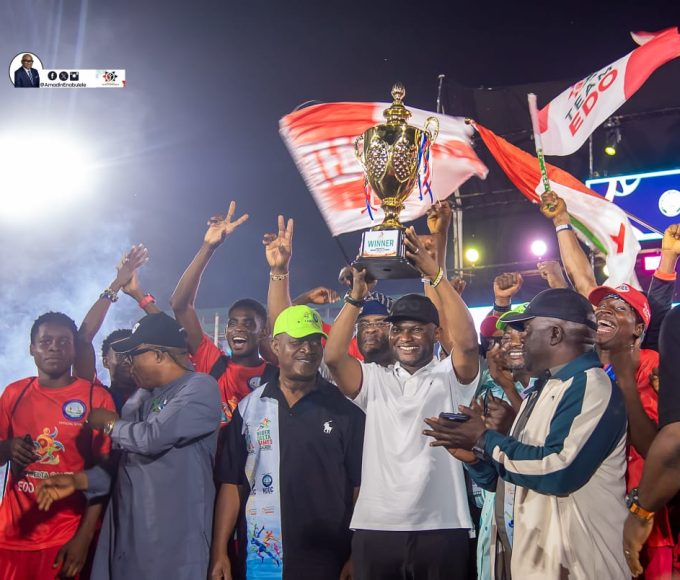





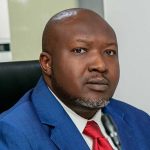

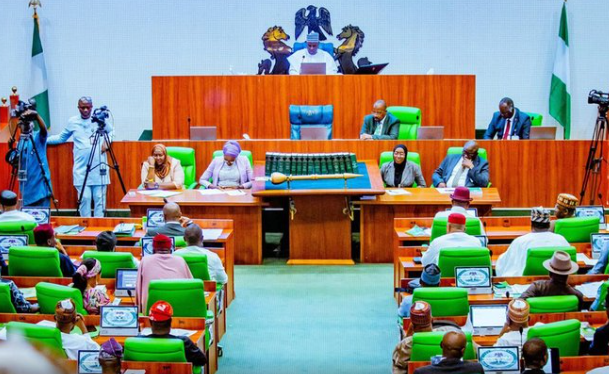






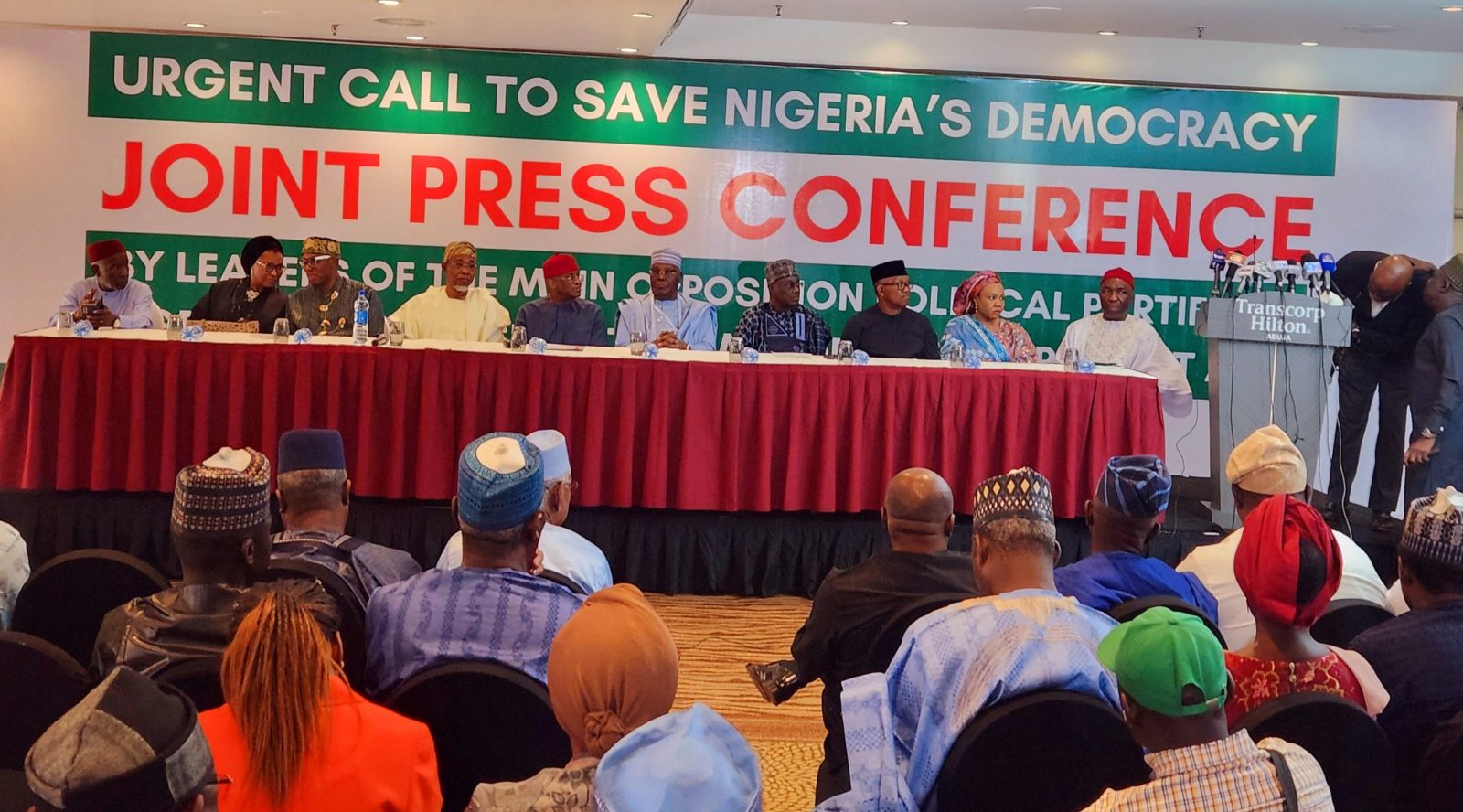
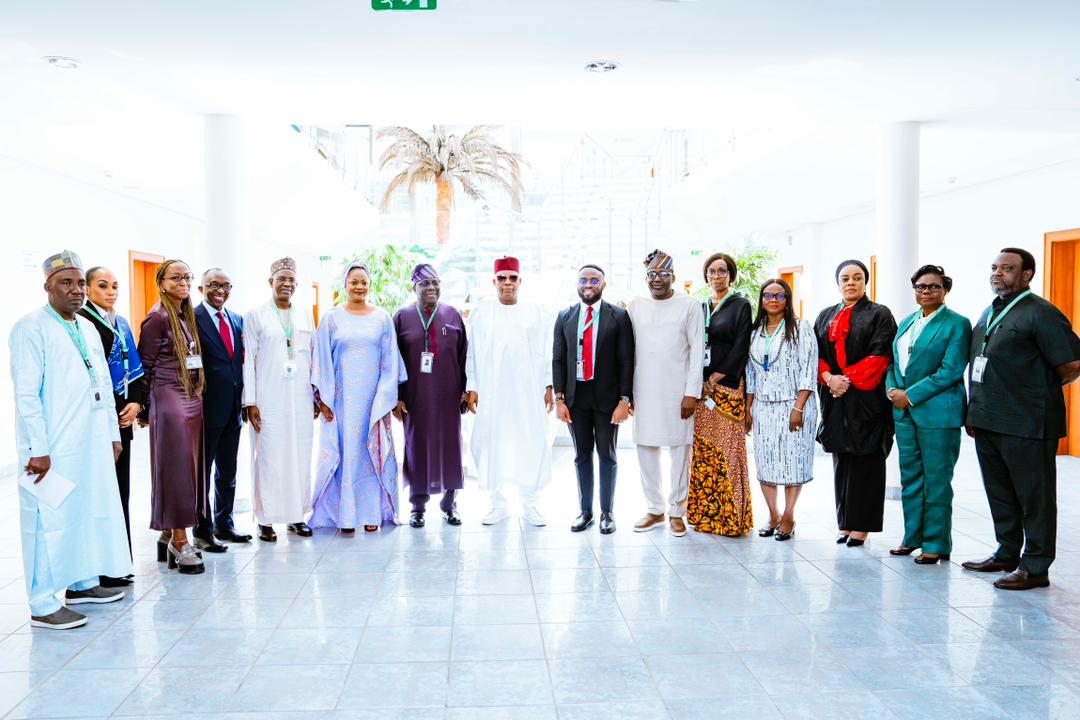

Leave a comment